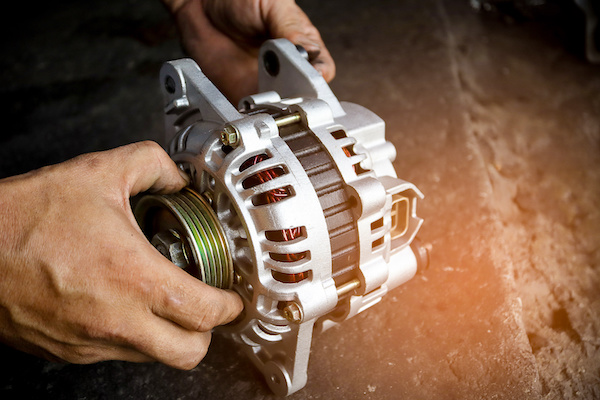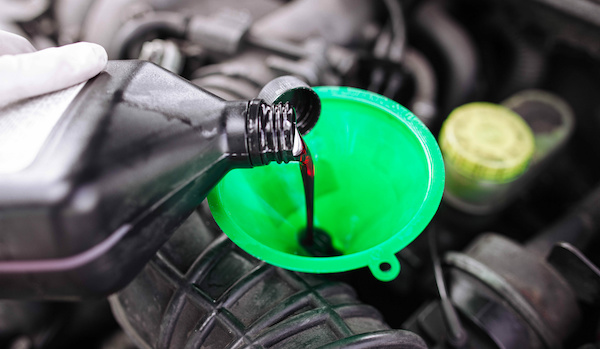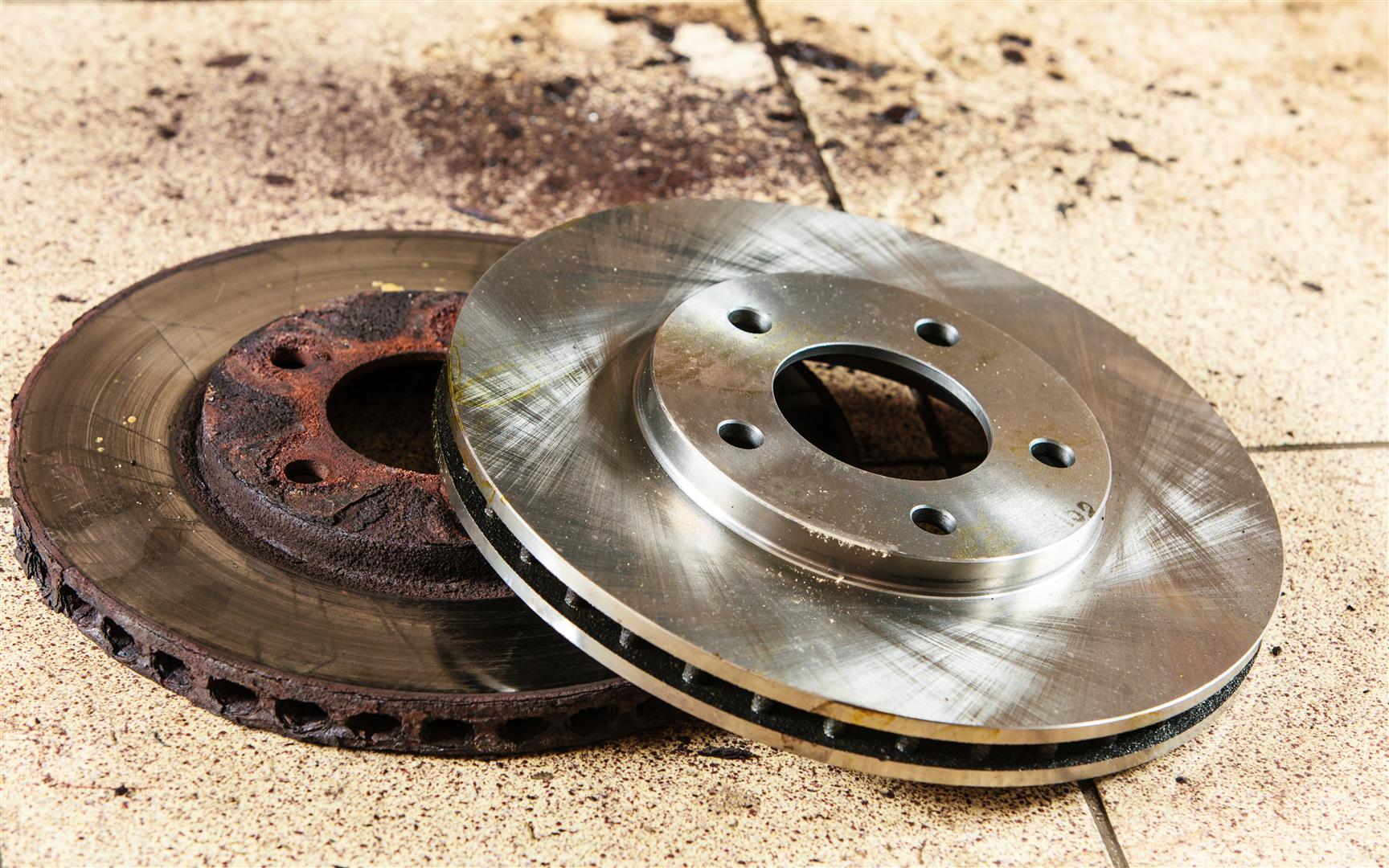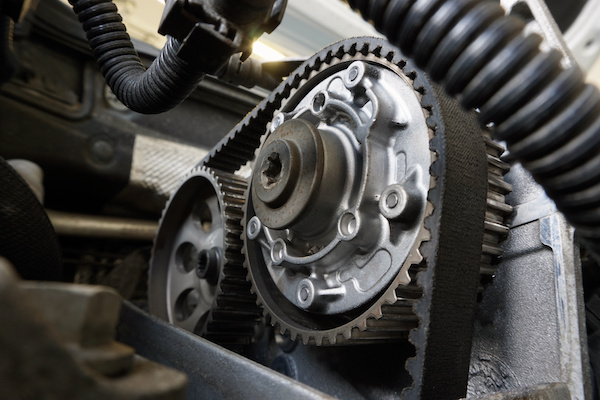Posted on 3/27/2023

Alternators are a critical element of a car's electrical system, providing the power necessary to keep the battery charged and all the electrical systems working. Read on to learn more about what alternators do, and whether they are still prevalent in vehicles today. What Is An Alternator? A vehicle alternator is a type of generator that creates alternating current electricity. It is responsible for supplying the battery with power and powering the electrical systems in a car while the engine is running. The alternator operates by converting mechanical energy from the engine into electrical energy, which is then used to do above mentioned tasks. Alternators are the reasons why your car's lights, radio, air conditioning, and other accessories can do what they do. Without a working alternator, your engine will not be able to turn on for long. Are Alternators Still in Cars Today? Yes, alternators are still used in most vehicles today. While some newer cars may use ... read more
Posted on 2/27/2023

Most people overlook their transmission maintenance, but it is key to keeping your vehicle dependable on the road. If cars aren’t your thing, you might have never even heard of this service – transmission fluid flush. Today, we will discuss what a transmission fluid flush is and what it can do for your vehicle. Transmission Fluid and Its Role To understand this vital service, you need to know what transmission fluid is. Like coolant, brake fluid, and motor oil, transmission fluid is just another liquid solution that your car needs. This fluid cools and lubricates your transmission components. In other words, it allows you to shift gears and prevents the transmission from failing. As you rack up miles on your vehicle, the transmission fluid will break down similarly to how the engine breaks down motor oil. If your transmission gets too hot, it’ll even burn. To avoid costly repairs, you should keep the fluid in good condition by getting transmission flui ... read more
Posted on 1/27/2023
.jpeg)
Smog checks are a necessary part of car ownership in many states, including the state of Virginia. They are designed to ensure that vehicles are not emitting harmful pollutants into the air. If your car fails a smog check, or emissions test, you may be required to make repairs and have the car re-inspected before you can register it or renew your registration. Here are a few tips on how to pass a smog check: Get regular maintenance: Regular maintenance, such as oil changes and tune-ups, can help ensure that your car is running at peak performance and can help you pass a smog check. Look at the air filter: A dirty air filter can reduce your car's fuel efficiency and cause it to emit more pollutants. Make sure to replace your air filter if it is dirty or clogged. Check the emissions control system: Make sure that all emissions control equipment, such as catalytic converters and oxygen sensors, is working properly. Inspect the gas cap: A loose or damaged gas cap can cause ... read more
Posted on 12/30/2022

It is easy to know when you need new brake pads. The squealing noises from your brakes and the brake warning light are enough signs. On the other hand, determining if you require a new brake rotor is relatively difficult. Brake rotors experience significant wear and tear despite being made from sturdy metal. The following are signs you need a brake rotor replacement: Pulsation When you step on the brake pedal, you will feel a particular pulsation caused by the engagement of the Automatic Braking System (ABS). If a brake rotor is in good shape, there should be no further sound or vibration. With time, the brake rotor will start to wobble, and the wobble or runout will increase. You need a brake rotor replacement when the runout causes brake pulsation and steering wheel vibration when you brake. The mechanic will measure it and tell you if the wobble is causing the pulsation. Overheating Riding the brakes or long braking when driving downhill can easily cause deformation of the rot ... read more
Posted on 11/28/2022

Just because your timing belt is tucked away and out of sight doesn’t mean it should be out of mind. The timing belt plays an essential role in your engine – it rotates the engine’s cam and crankshaft, so the cylinders can fire at the right time. While these belts are made of quality rubber, they don’t last forever. You should replace the timing belt on time. When your timing belt wears out, it may show the following symptoms: Ticking noise - A ticking sound means your timing belt is in serious trouble and requires a replacement soon. Oil leak - When your timing belt looks bad, you may notice oil spotting or leaking. This occurs when the gasket between the engine block and the timing belt cover wears out. Exhaust fumes - Excess exhaust smoke can mean various things, including a worn timing belt. In simple terms, your engine is working with a lot of stress. Therefore, you should check on your timing belt. Trouble turning over engine - When your timing ... read more